News and features
Read the latest news and features about our world-leading research, discoveries, fundraising and philanthropy. If you want to keep updated on our news, you can follow us on social media or sign up for our Search newsletter.
If you’re a journalist and want to find out more, you can contact our media relations team.
.png?sfvrsn=364266fe_1)
‘Smart jab’ shows promise in treating advanced head and neck cancer
A new type of cancer treatment which is given via an injection under the skin has shown early signs of success in patients with advanced head and neck cancer.
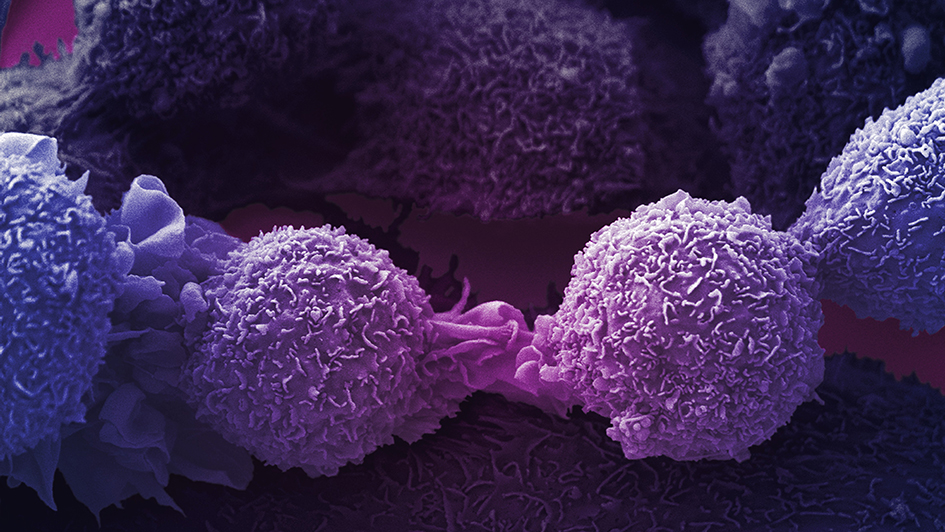
New drug shows dramatic effect in shrinking lung cancer tumours
A new drug is having a dramatic effect on shrinking lung cancer tumours, according to new research.
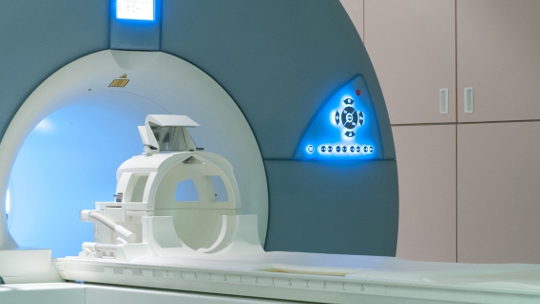
MRI scan before bladder cancer surgery shown to save lives
Giving patients with suspected bladder cancer an MRI scan before surgery could mean they would be treated more quickly, leading to fewer deaths due to the disease, new ICR-led research suggests.
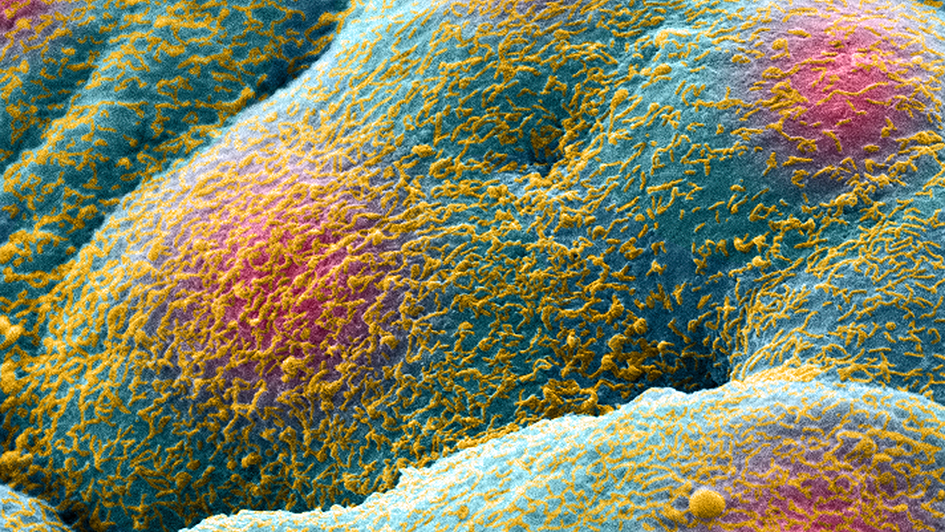
Men with BRCA1 and BRCA2 gene mutations should get annual prostate cancer screening
Prostate cancer guidelines should change so that all men from the age of 40 with mutations in either the BRCA1 or BRCA2 gene are offered regular PSA testing to detect early signs of the disease, experts are urging.
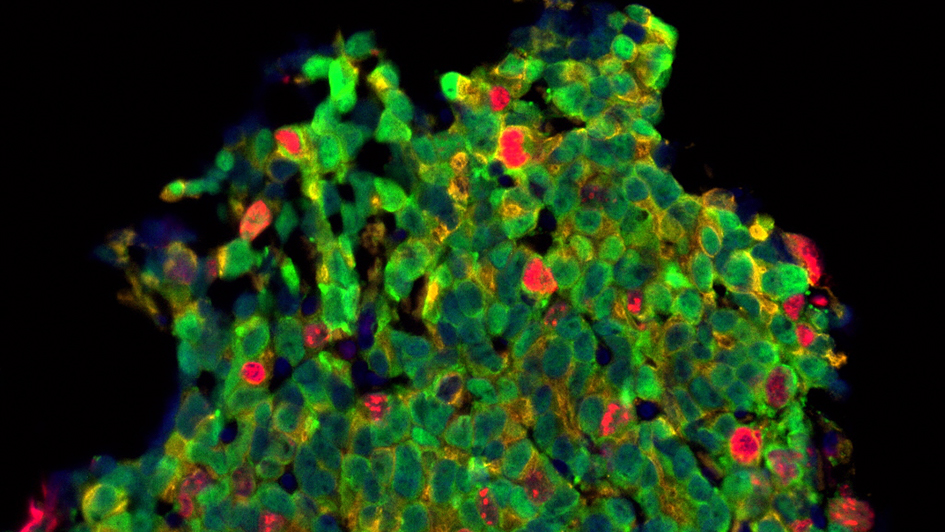
New drug combination to tackle advanced prostate cancer
Up to two in five advanced prostate cancer patients could be treated with a combination of two targeted drugs, according to new research.
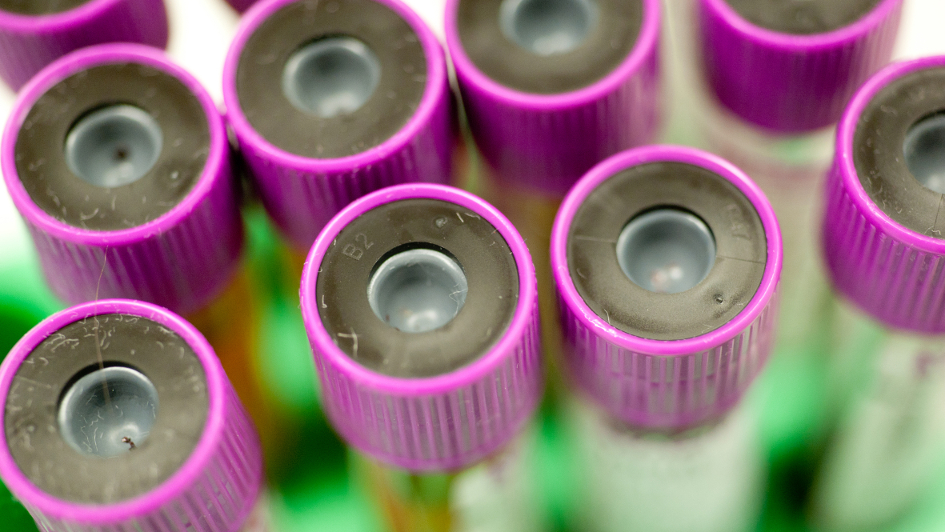
New research identifies a more accurate way of predicting which blood cancer patients will relapse early
Scientists have identified a more accurate way of predicting which patients with multiple myeloma, a type of blood cancer, are likely to relapse early following treatment.
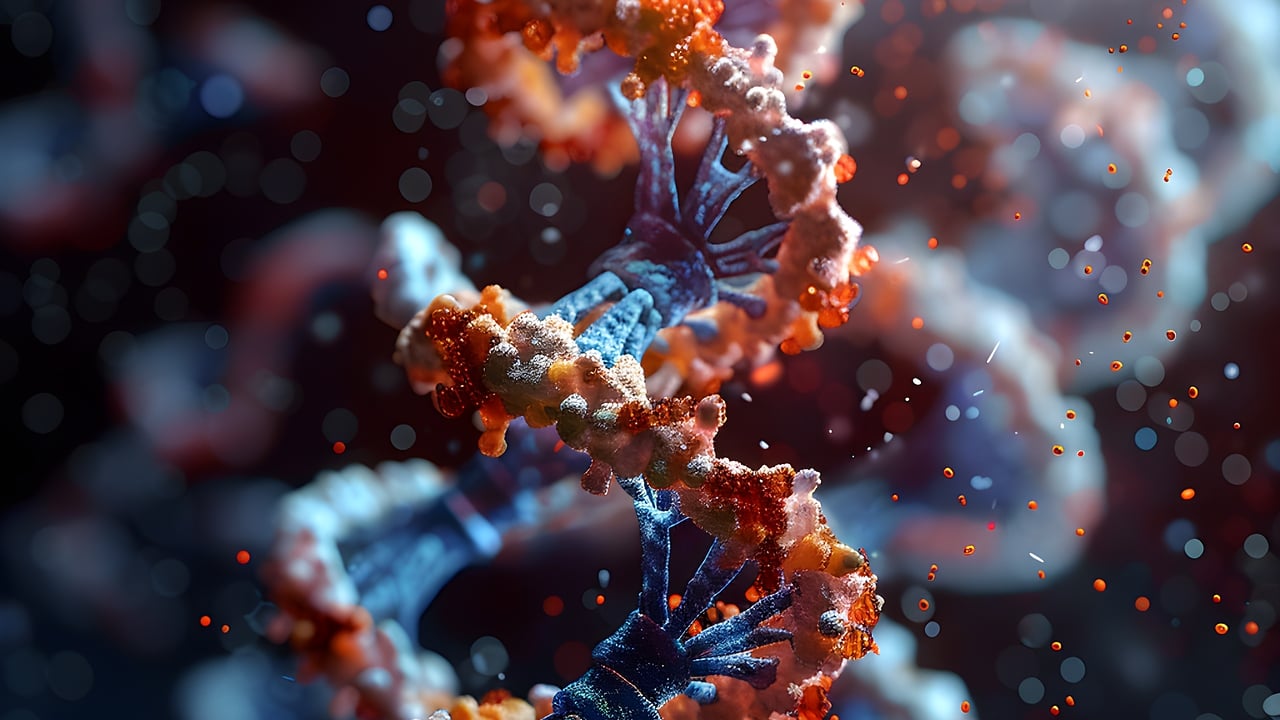
Stress may increase cancer risk in people with inherited cancer genes
Suffering from psychological stress could further increase cancer risk in those already genetically predisposed to the disease, according to new research.
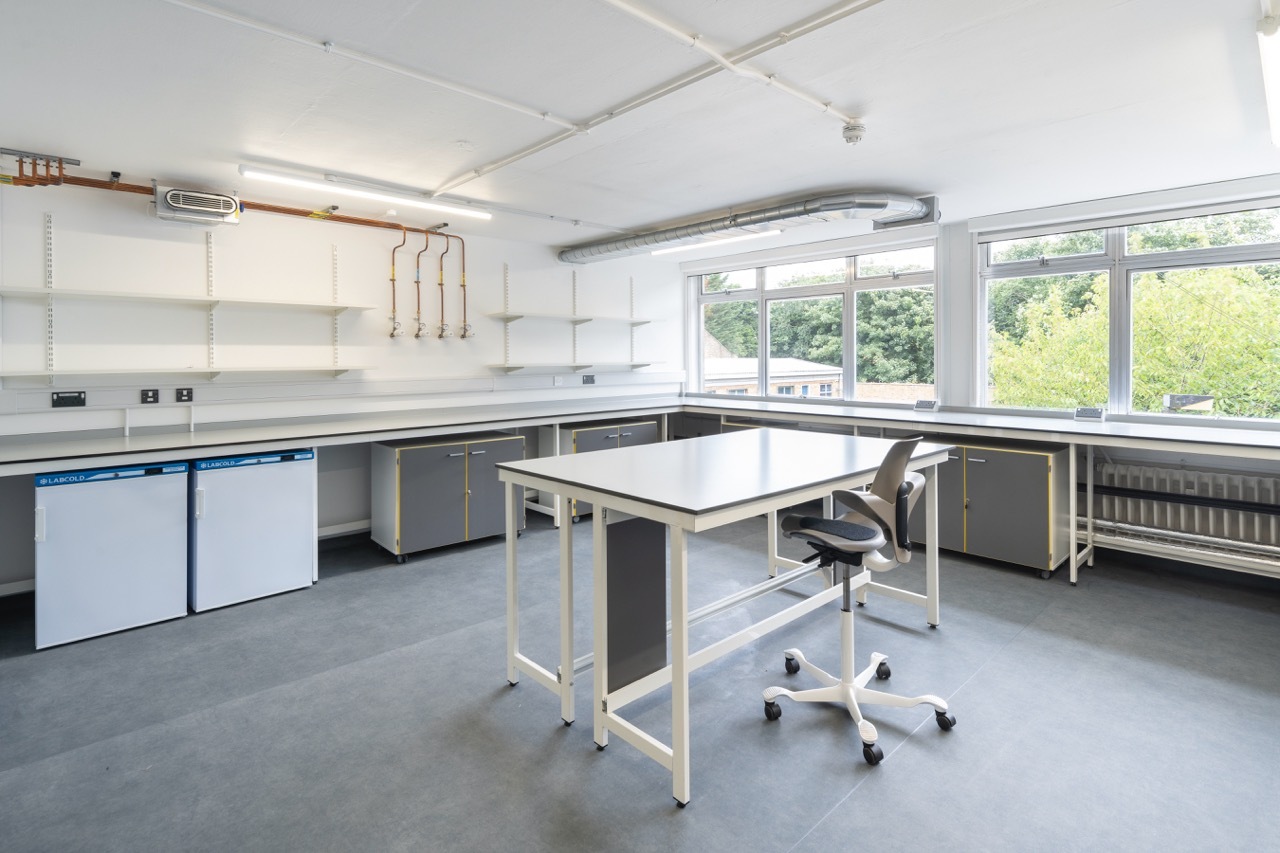
Two new fast-growing oncology companies join the Innovation Gateway at the London Cancer Hub
Two new oncology companies, Kindling Bio and Beckman Coulter, have been secured as tenants at the Innovation Gateway, a leading life sciences incubator at the heart of the London Cancer Hub.

Innovative dual treatment shows promise in tackling deadly cancer
A new study has revealed a promising therapeutic strategy for pancreatic cancer, offering new hope for people living with this disease.
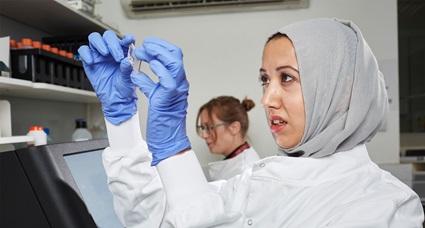
Athena Swan Silver renewal recognises ICR’s continued progress in fostering an inclusive research culture
The Institute of Cancer Research has been granted an Athena Swan Silver Award for a further four years, in recognition of the ICR’s continued progress in embedding gender equality and fostering an inclusive research culture.
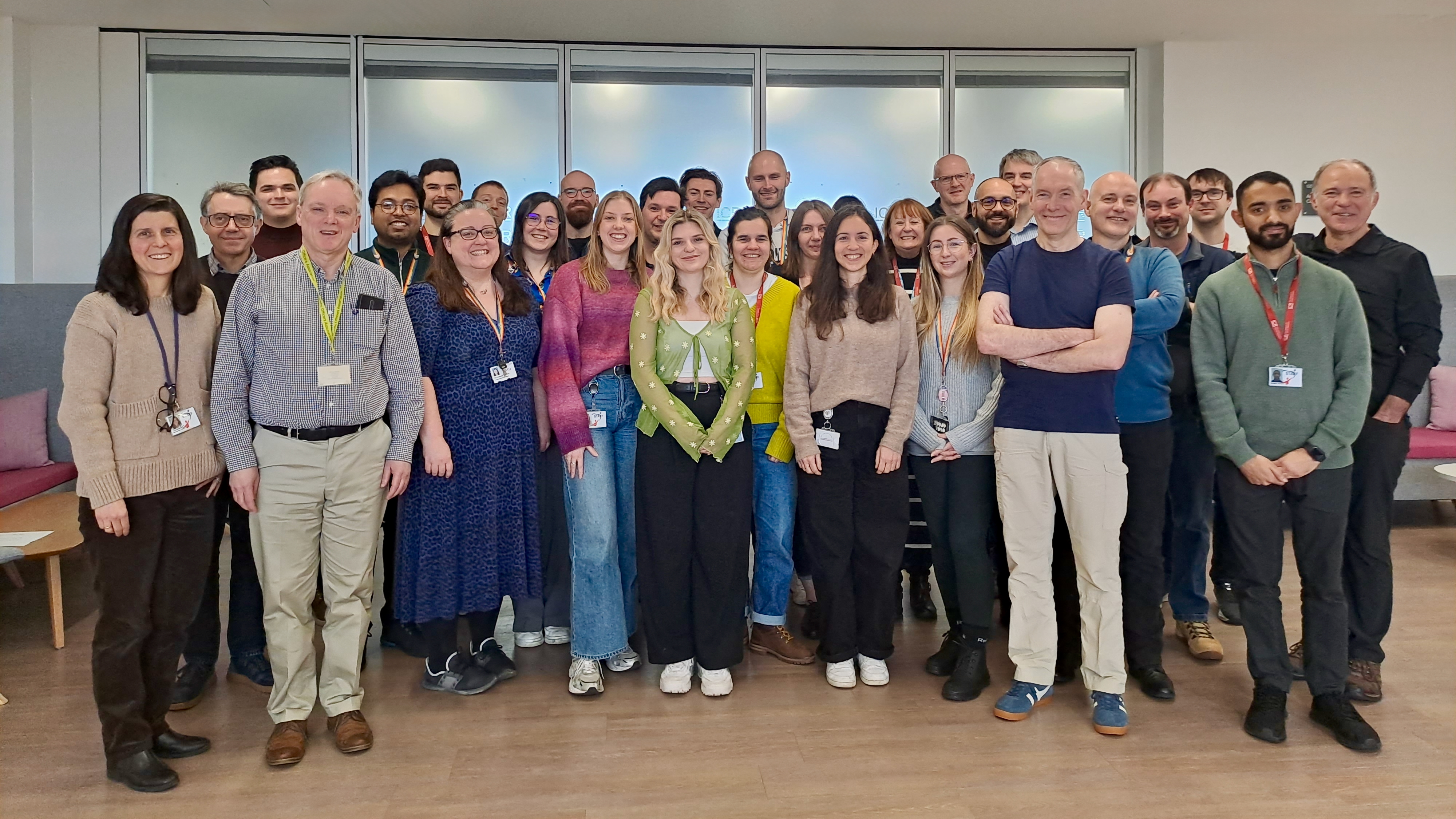
ICR Centre for Protein Degradation and NEOsphere Biotechnologies announce research collaboration to discover new molecular glue degrader therapeutics
ICR Centre for Protein Degradation and NEOsphere Biotechnologies announce research collaboration to discover new molecular glue degrader therapeutics.
.jpeg?sfvrsn=2b0f927_1)
New alcohol-based solution cuts time and cost of organoid harvesting
A new study unveils a fast, low-cost solution for harvesting organoids – miniature three-dimensional (3D) models of human tissue – that could accelerate cancer research and make advanced cell culture techniques more widely accessible.
